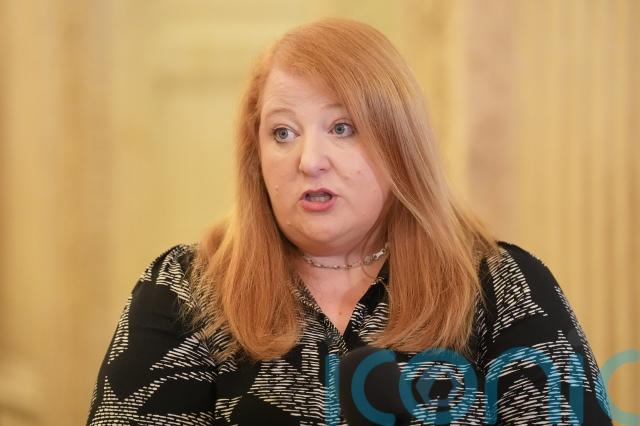
Coroners in Northern Ireland are set to be able to investigate some deaths abroad under a plan published by Justice Minister Naomi Long.
Legislation is intended to be introduced which will allow coroners in the region to carry out inquests into unexpected, unexplained or suspicious deaths which occur abroad, and where the body has been returned to Northern Ireland.
It is set to bring Northern Ireland into line with the rest of the UK and Ireland where coroners, or the Lord Advocate in Scotland, can already investigate a death abroad where a body has been repatriated.
Ms Long she wants to ensure citizens in Northern Ireland have the same access to an investigation.

“Losing a loved one in any circumstance is one of most traumatic experiences that any family can go through,” she said.
“Where that death is unexpected, or where the circumstances are not clear or suspicious, the absence of answers only serves to compound their grief.
“My view has always been that it was not sustainable for Northern Ireland to be a place apart from our nearest neighbours and for our citizens not to have the same access to an investigation as their counterparts in England and Wales, Scotland, and Ireland.
“At the same time, a careful balance must be struck.
“I want our coronial system to help as many bereaved families as possible, while bearing in mind the very real practical difficulties that may limit what is possible in such cases.”
However, coronial investigations into a death abroad are limited by the fact coroners have no powers to compel foreign authorities to co-operate with an inquest, nor secure witnesses to provide evidence.
A second post mortem following repatriation also presents significant technical and practical difficulties for the State Pathologist’s Department where a post mortem has already been carried out abroad.
While the planned legislation will not change this, it will allow coroners to investigate deaths that have occurred abroad where they meet certain criteria.
Ms Long said her preference is that reporting a death should be family-led.
“Families may, but should not be required, to report a death, and it should be in circumstances where that death is unexpected, unexplained, or in suspicious circumstances, and where they are concerned that overseas authorities have not established the cause and circumstance of the death, or there is doubt about the accuracy of any findings,” she said.
“This will support those families who may still want answers, while empowering those who want to move on to make funeral arrangements without any further unnecessary bureaucracy.
“I also remain of the view that there should be clear statutory criteria to define the circumstances in which an inquest could take place, with the Attorney-General for Northern Ireland having the primary decision-making function.
“This will bring clarity to the law and ensure there is a consistent approach which supports families without adding further grief and trauma.”
Subscribe or register today to discover more from DonegalLive.ie
Buy the e-paper of the Donegal Democrat, Donegal People's Press, Donegal Post and Inish Times here for instant access to Donegal's premier news titles.
Keep up with the latest news from Donegal with our daily newsletter featuring the most important stories of the day delivered to your inbox every evening at 5pm.